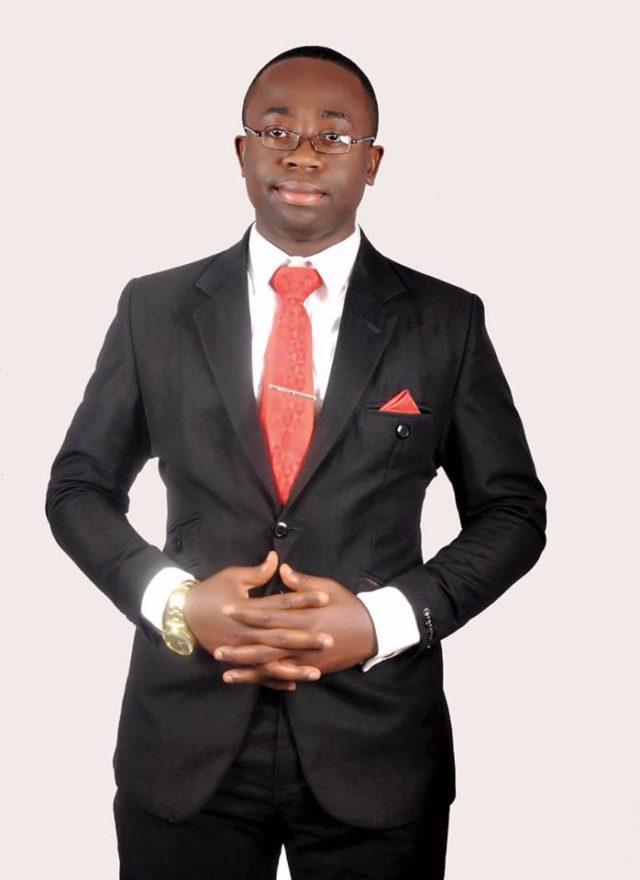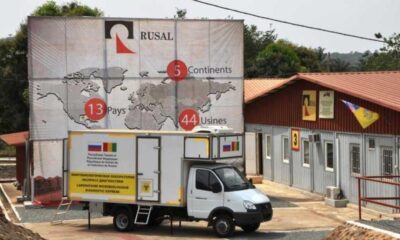Forgotten Dairies
History, Biafra, And The New Generation Of Ndi-Igbo -By Chijioke Ngobili

I remember the mid and late 1990s — precisely from 1995 — when people born from 1970 began to clock 25 years of age. I was much younger but I could vividly remember the ones around me then feeling “old” and arrived. They were eagerly settling into their positions as the young adults of the time while we looked forward to it.
I’ve been thinking since yesterday about the wide gulf of a generational gap between those born before 1970 and from 1970 in Nigeria especially as it relates to the Igbo.
This year, 2019 will mark the end of the attainment of 50 years of age by those who witnessed the Biafran-Nigerian war that ended in January, 1970. By next year, 2020, those born from 1970s will begin to clock the half-a-century age of 50; and by that attainment, a new set and generation of elders in different Igbo communities would begin to emerge.

No matter what we think or how we perceive it, the gap between those who witnessed the war and those who were born after that war had ended is much wider than other generational divides. It is not as slim as the gap between those born in the 1950s and 1960s or like the one between those born in the 1970s and 1980s. That war was a gulf — psychologically, spiritually, psychically, cognitively, emotionally, technically.
I remember reading Osita Chidoka tagging his 1970s generation — those born immediately after the war — “Ọgụebie”. This literally means the postwar generation in Igbo. Osita was talking about the Ọgụebie generation in the light of a revolutionary set coming up with a revolutionary air because they were born after a revolutionary period. I agree with this going by the surface interpretation. But is this really true?
By 2020, those born from 1960s and backwards would begin to attain 60 and 70 and would be retiring from public services — for those of them that are not in the Nigerian politics where old men prefer to die than retire. Between 2020 and 2030, in most areas of life and endeavors, active elderships and leaderships would be falling mainly on the laps of those born in the 1970s. In educational, financial, religious, social, political, traditional, cultural spaces. Are they really prepared to be useful elders and leaders? Will this new set of active elders and leaders be bold enough to dare decades of established structures by their older and retiring ones? Will they be able to achieve what their older ones were unable to achieve and institute legacies that would change situations for good and forever in the remaining 7 decades of the 21st century?
Zik was very prepared for eldership and leadership that by his 40s, he had raised an army that will attack the colonial government in the persons of Nwafo Orizu, Mbọnụ Ojike, K O Mbadiwe, Mbazulike Amaechi, Michael Ọkpara and others. These ones, in turn raised and inspired the generations of the Igbo that were bred at Ibadan and elsewhere such as Achebe, Okigbo, Afigbo, Ojukwu, Anya, Nwoga, Nwala, Mbakwe and others who led the modern intellectual and political thoughts upon which are building (wrongly or rightly) on today. The ones after these sets are the 1950s and 1960s people.
Between 1999 and 2019 — a total of 2 decades — if you check back, the majority of those who have held power and have occupied very influential positions of leaderships as governors, CEOs, senators, union, educational and religious leaders, etc has been those born in the 1950s and 1960s. Their time is up now! Can we say that they radically changed the game for good or did they simply use power for power sake? History is there to verify any claims.
But, are the 1970s people ready and prepared for their decade of active eldership and leadership starting from next year? Will the wide gulf of that War which sharply divided Igbo generations into postwar (1970s – 2000s) and pre-postwar (1900-1969) signify bold, radical, revolutionary changes for better or for worse? To be realistic, I am not really optimistic from my sense of history and data analyses but I’m consolably hopeful. A man who survived war, extreme hunger and poverty is not always the best to provide food 🍲 for he’s ever insecure about returning to that state from whence he came which makes him want to amass more food than he can afford to eat even if it means others going hungry: Life is a jungle for him and we can understand that psychological mess! But a man who didn’t see war and didn’t suffer such extreme hunger, living interruption and extreme poverty might be a lot better when psychologically compared with the other. This is where I’m rather “consolably hopeful” for something better from the new set of power holders coming in from 2020. I hazard that there’d be no middle guage for this new set. It’s either they turn out on the very good angle or they do so on the very bad angle. On the latter, it becomes a more dangerous dive that is capable of wasting what is left of the 21st century. Is it possible that this new set (among the Igbo) would achieve the overemphasized restructuring/return to regional independence in Nigeria? Is it possible that this new set would devise the strategic safety of Igbo land from the rampaging Jihad cloaked as Fulani herdsmen killings? Is it possible that this new set will be bold to make a seaport around Igbo land function effectively and drastically decongest the mess that is Lagos now? Is it possible that this new set will revolutionarily provide uninterrupted electricity in Igbo land for straight one decade? Is it possible that this new set can champion more realistic educational processes and systems that will radically improve Igbo cultural consciousness and return us to the statuses of cultural and economic producers, problem-solvers (where the Southeast Asia is now) and not just imitators, consumers and problem-sharers? Can they return our economic philosophies of “Ibu Anyị Danda, Igwebụike” with which Zik used to extremely empower the hardwired generations of those born in the 1930s and 1940s who later bravely fought Britain and its Nigeria minions before independence and again during the Biafran-Nigerian war?
Do you think this new set will stamp this record in the coming decade or two between 2020 and 2040? What do you think?
Chijioke Ngobili.


















